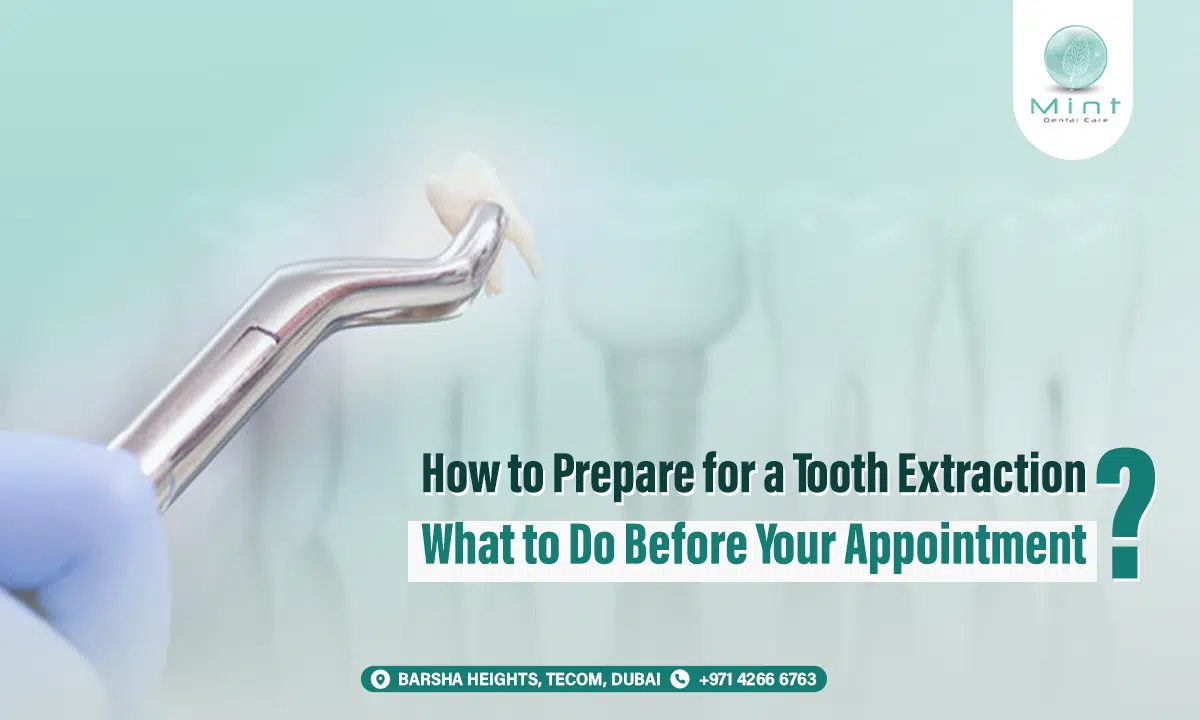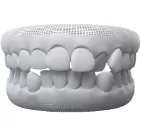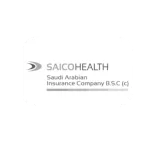Tooth extraction is a common dental procedure performed to remove a damaged, decayed, or impacted tooth. While the idea of having a tooth removed can be intimidating, proper preparation can help make the process smoother and reduce anxiety. Knowing what to expect before your appointment allows you to feel more confident and ensures a comfortable recovery.
Taking the right steps before your tooth extraction can help minimize discomfort and prevent complications. From discussing medical history with your dentist to arranging post-procedure care, being well-prepared can make a significant difference. Following your dentist’s instructions carefully will ensure a successful extraction and a faster healing process.
Consult Your Dentist and Discuss Medical History
Before your extraction, your dentist will conduct a thorough evaluation to assess the condition of the tooth and surrounding tissues. X-rays may be taken to determine the best approach for removing the tooth safely. This is also the time to discuss any existing health conditions, medications, or allergies that may affect the procedure.
Certain medical conditions, such as heart disease, diabetes, or a weakened immune system, may require special precautions before extraction. Informing your dentist about any blood-thinning medications or supplements is crucial, as they can affect blood clotting during healing. Providing a complete medical history helps your dentist create a personalized treatment plan for a safe and effective procedure.
Follow Fasting Instructions If Receiving Sedation
If your tooth extraction requires sedation or general anesthesia, your dentist may advise you to avoid eating or drinking for several hours before the procedure. Fasting helps reduce the risk of complications such as nausea and vomiting during anesthesia. The exact fasting period will depend on the type of sedation used, so it is important to follow your dentist’s specific instructions.
For extractions performed under local anesthesia, fasting is usually not necessary, but it is still recommended to eat a light meal beforehand. Avoiding heavy or greasy foods before the appointment can help prevent stomach discomfort. If you are unsure about fasting requirements, it is best to consult your dentist in advance.
Arrange for Transportation If Needed
If your extraction involves sedation or general anesthesia, you may feel drowsy or disoriented after the procedure. It is essential to arrange for a trusted friend or family member to drive you home safely. Driving under the effects of sedation is not safe, as it can impair judgment and reaction time.
Even if you are receiving only local anesthesia, it may still be helpful to have someone accompany you for support. Some patients may feel lightheaded or uncomfortable after the extraction, making it easier to have assistance when leaving the dental office. Planning transportation in advance ensures a stress-free experience and allows you to focus on your recovery.
Stock Up on Soft Foods and Pain Relief Medication
Preparing your home with soft foods and over-the-counter pain relievers can make the recovery period more comfortable. After a tooth extraction, chewing hard or crunchy foods can cause irritation and delay healing. Stocking up on soft foods such as yogurt, mashed potatoes, soups, and smoothies will help you maintain a nutritious diet while avoiding discomfort.
Your dentist may recommend pain relief medications such as ibuprofen or acetaminophen to manage post-extraction discomfort. Having these medications ready before your appointment ensures you can take them as soon as needed. If you are prescribed antibiotics, it is important to follow the dosage instructions carefully to prevent infection.
Avoid Smoking and Alcohol Before the Procedure
Smoking and alcohol consumption can negatively affect the healing process and increase the risk of complications. Smoking restricts blood flow, which can slow down healing and raise the chances of developing dry socket, a painful condition where the blood clot dislodges from the extraction site. Avoiding smoking for at least 24 hours before and after the procedure is strongly recommended.
Alcohol can also interfere with blood clotting and may interact with medications prescribed for pain management. It is best to avoid alcohol consumption for at least 24 to 48 hours before the extraction. Following these precautions will help ensure a smoother recovery and reduce the risk of complications after the procedure
.
Get a Good Night’s Sleep Before the Appointment
Being well-rested before a tooth extraction can help reduce anxiety and improve your body’s ability to heal after the procedure. Lack of sleep can make you feel more stressed and increase sensitivity to pain. A good night’s sleep allows your body to relax and prepares you for a comfortable experience at the dental office.
If you feel anxious about the procedure, practicing deep breathing exercises or meditation before bed can help calm your nerves. Avoiding caffeine and screen time before sleep can also promote better rest. Waking up feeling refreshed will help you feel more at ease and ready for your tooth extraction.
Wear Comfortable Clothing and Avoid Makeup
On the day of your extraction, wearing loose and comfortable clothing can help you feel relaxed during the procedure. Tight-fitting clothes may cause discomfort, especially if you need to remain in the dental chair for an extended period. Choosing a short-sleeved shirt can also make it easier if your dentist needs to monitor your blood pressure or administer an IV.
It is best to avoid wearing heavy makeup, lipstick, or nail polish on the day of the procedure. Lipstick and gloss can transfer onto dental instruments, while nail polish can interfere with oxygen level monitoring if sedation is used. Keeping your face and hands clean ensures a smooth and hassle-free experience during the extraction.
Prepare for Post-Extraction Care
Knowing what to do after your extraction is just as important as preparing for the procedure itself. Your dentist will provide specific aftercare instructions to promote healing and prevent complications. This includes information on managing bleeding, reducing swelling, and maintaining oral hygiene during recovery.
It is important to rest and avoid strenuous activities for at least 24 hours after the procedure. Having ice packs and extra pillows ready can help reduce swelling and keep you comfortable. Following your dentist’s aftercare guidelines carefully will help speed up healing and minimize discomfort.
Stay Calm and Ask Questions If Needed
Feeling nervous before a tooth extraction is completely normal, but asking your dentist questions can help ease anxiety. Understanding each step of the procedure can make you feel more in control and prepared for the experience. If you have any concerns about pain management, healing time, or post-extraction care, don’t hesitate to ask your dentist for clarification.
Dentists and oral surgeons are trained to ensure patient comfort and safety during extractions. If you are extremely anxious, your dentist may offer sedation options to help you feel more relaxed. Being open about your concerns and seeking reassurance can make the process much less stressful.
Why Proper Preparation Matters
Taking the time to prepare for a tooth extraction ensures a smoother procedure and a faster recovery. Simple steps like discussing medical history, arranging transportation, and following dietary restrictions can make a significant difference. By being well-prepared, you can minimize discomfort, reduce risks, and feel more confident about your dental care.
Every patient’s experience is different, so following personalized instructions from your dentist is essential. Paying attention to small details before your appointment will help you recover with fewer complications and return to normal activities sooner. A successful extraction starts with proper preparation and a positive mindset.
Schedule Your Tooth Extraction at Mint Dental Care
If you need a tooth extraction, Mint Dental Care in Dubai provides expert and comfortable treatment to ensure a stress-free experience. Our skilled dentists use advanced techniques to minimize discomfort and promote fast healing. We prioritize patient care and provide detailed instructions to help you prepare for your appointment.
Whether you have concerns about the procedure or need guidance on post-extraction care, our team is here to help. Contact us today to schedule your consultation and receive the best dental care for a safe and successful tooth extraction.















